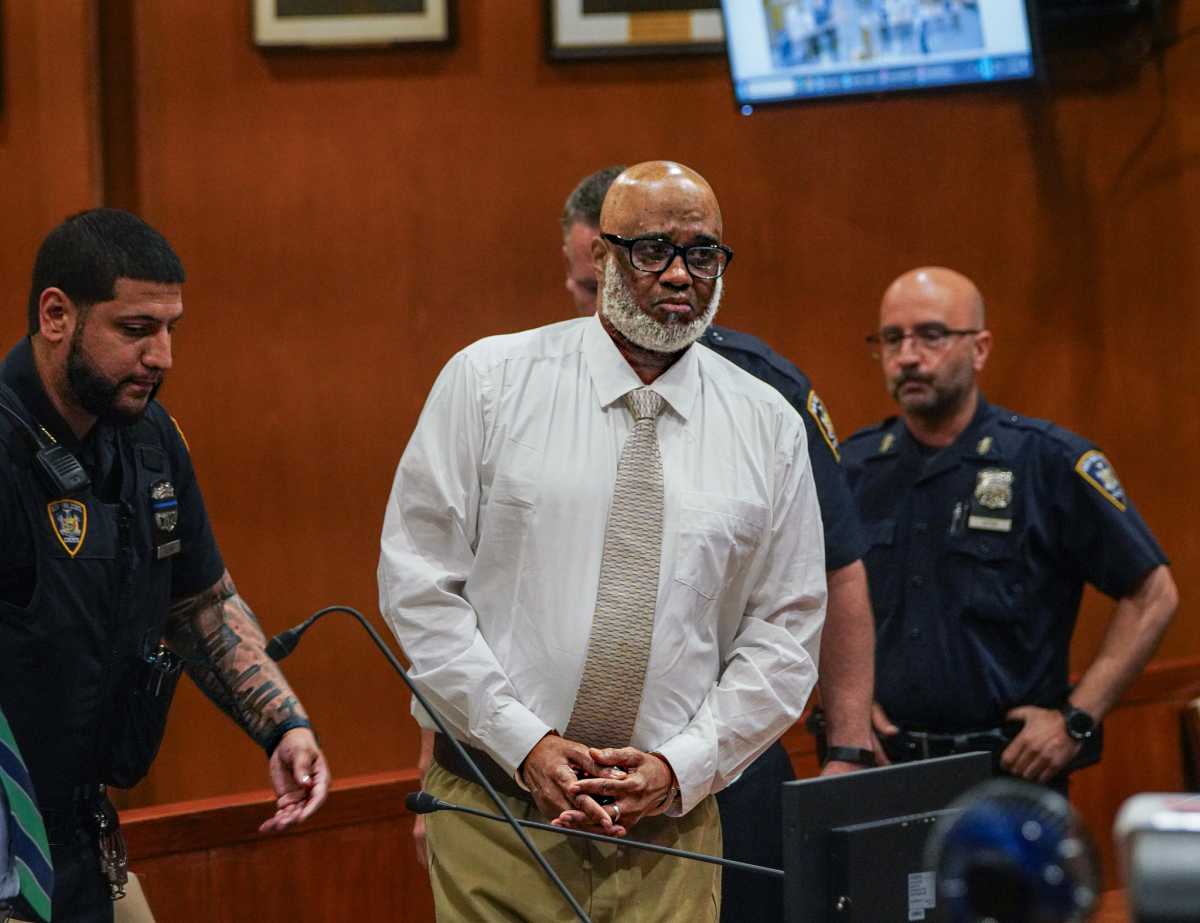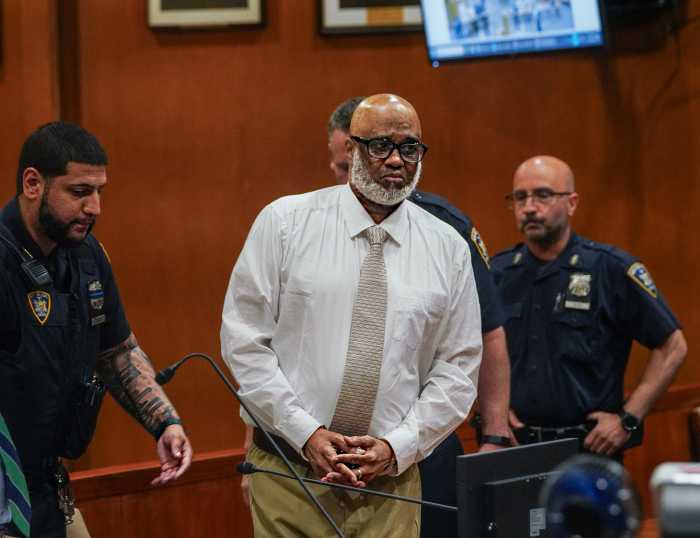Times are tough if you are a politician in New York City facing a $6.4 billion budget shortfall in the next fiscal year. If you are the chairman of the City Council Finance Committee like David I. Weprin representing the 23rd Council District in Queens, you are on a hot seat that can jeopardize your political future. With the 18% increase in property taxes passed this past Monday, Weprin has to jump from the frying pan into the fire.
Although the latest Quinnipiac Poll suggests Mayor Bloombergs popularity has taken a tumble with the suggestion of tax increases and cutting programs, Weprin is not all that worried about a voter backlash. "Although no one is ever fully prepared, I think people have been expecting this and realize we all have to pull together at this time." He is concerned that with the economic downturn all too apparent before 9/11 and more obvious since then, "New York City residents have suffered enough.
Weprin passed the rise, joining 56 members of the council, with 6 voting against.
The fear among many business owners in New York City is that they will have to move elsewhere since insurance rates have doubled since 9/11. Business owners, real estate developers, landlords and brokers are afraid that the proposed tax increase added to security fears will, in fact, encourage many taxpayers to leave the city for less expensive areas. According to a report by Julien J. Studley Inc., it is estimated that between two and four million square feet of leases may permanently move outside of Manhattan. In response to these fears, such groups as the Real Estate Board and Greek American Homeowners of Astoria have banded together to initiate a $500,000 campaign to fight the tax increase using direct mail, phone banking and advertising.
Mayor Bloomberg is taking the drastic step of asking for a 25% increase in property taxes because it is one of the few tax areas not controlled by Albany. Weprin favors reinstating the commuter tax that Albany repealed in 1999, against the wishes of the city and costing the city between $360-400 million per year. At the time of the repeal, the commuter tax was 0.45%, but today Mayor Bloomberg is asking for as much as a 2.75% tax that would raise the annual cost of commuting by approximately $1,350 per person according to the Manhattan Institute.
Does that increase coupled with the proposed increase in fares by the MTA, submitted on November 21, have Weprin worried about commuters and businesses leaving the city? "No I am not worried," Weprinsaid. "We all benefit from New York City and commuters do as well and I dont think it is unfair to ask commuters to share in the cost of city services they benefit from." In addition, he said, "We are hoping to reduce the income tax on residents so that the costs between resident and commuter will be comparable.." Weprin hopes that if the taxes are comparable to resident and commuter, it may just encourage more people to live in the city limits rather than commute.
Weprin thinks Albany lawmakers will agree with him. "I think people upstate recognize that helping New York City benefits New York State." However, history indicates the opposite. Even with post 9/11 sentiments still in the air, Albany all but ignored New York City in state aid. In fact, in direct contrast to Californias response of a $1 billion supplement to federal aid to San Francisco following the earthquake of 1989, Albany contributed nothing to New York City.
Although upstate voters and their politicians are traditionally fond of blaming New York City for the financial ills of the state and complain their economic concerns are overshadowed by New York City, according to a 1998 study by the Center for Governmental Research (Fiscal Balance Among NYS Regions), New York City contributes revenue that equals what it receives in state spending. In contrast, with the exception of Rochester, upstate areas receive $1.41 in state spending for every dollar of revenue contributed. All this considered, even with post 9/11 feelings of good will, New York City has been excluded in the state budgets economic stimulus packages such as the "Centers of Excellence" aid and the "Empire of Opportunity Fund" which will provide $300 million in economic assistance to Buffalo, Syracuse, Albany and Long Island. Therefore it seems doubtful that Weprin will get the assistance from Albany he thinks is forthcoming, or that Bloomberg will get the state to take over Medicaid costs.
Weprin is hopeful that with an additional $3 billion in federal aid identified for New York City, and "creative strategies" to cut costs, the city will get through this current budget crisis without an objectionable increase in taxes. If Weprins hopes arent fulfilled, he may face an angry electorate looking to fry him in the 2003 elections.






























